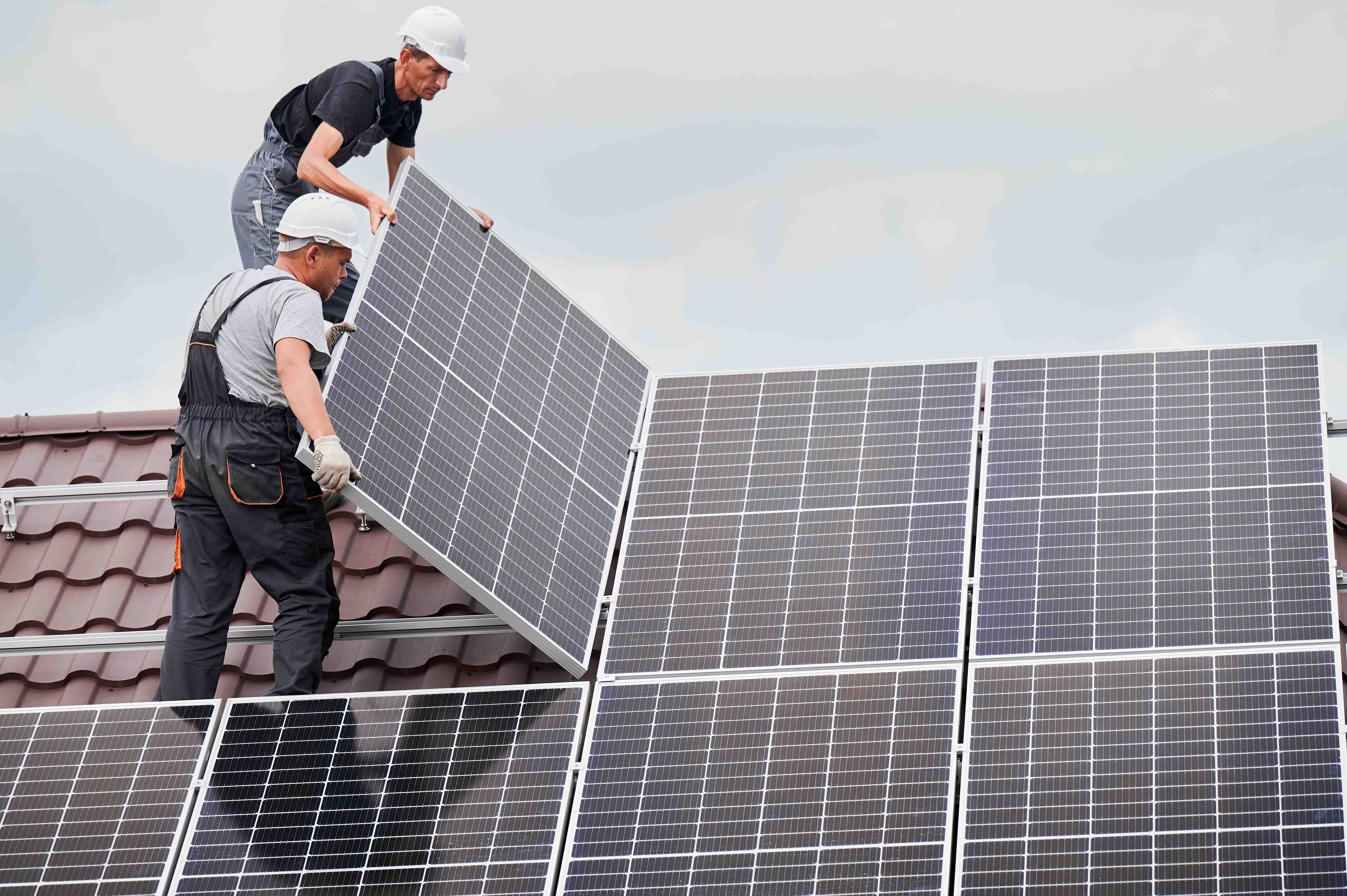Every Little Thing You Need to Learn About Solar Energy Installation and Its Advantages
Solar power installment stands for a considerable development in energy solutions, integrating modern technology with sustainability. Recognizing the subtleties of this setup, including linked prices and upkeep, is important for property owners considering this investment.
Recognizing Solar Energy Fundamentals
Solar power, utilized via photovoltaic cells, stands for a critical innovation in renewable power technology. This procedure not just decreases greenhouse gas exhausts but likewise lowers dependency on non-renewable power resources.
Along with photovoltaic or pv cells, solar power systems can include solar thermal innovations, which capture sunshine to generate heat for residential and industrial applications. The convenience of solar power enables numerous configurations, from little household setups to massive solar ranches.
The performance of solar panels is influenced by aspects such as the angle of installment, geographical location, and weather. While solar modern technology has actually advanced considerably, continuous study proceeds to boost efficiency and minimize prices.
Recognizing these basics prepares individuals and companies to assess solar power's feasibility for their power requires. As the globe significantly focuses on lasting power remedies, solar energy attracts attention as a leading alternative, adding to a cleaner and even more lasting future.

The Solar Installation Refine
The journey from recognizing solar power to its sensible application includes a systematic setup process that makes sure optimal efficiency and efficiency. An extensive website assessment is carried out to review elements such as roofing orientation, shading, and architectural integrity. This evaluation assists to establish the system size and kind that ideal suits the particular power needs of the home.
Following, a detailed style stage adheres to, where solar designers create a customized design, including the ideal photovoltaic panels, inverters, and placing systems. Once the design is settled, the installation phase begins, normally entailing the placing of solar panels on the roofing system or ground, connection of electrical elements, and combination with the home's existing electric system.
Adhering to installment, a thorough evaluation is carried out to make sure conformity with regional codes and guidelines. After passing assessment, the system is linked to the grid, enabling the surveillance of power manufacturing and usage. Instructional sources are supplied to house owners, equipping them to take full advantage of the benefits of their brand-new solar system. This organized process not only facilitates a smooth installment yet likewise enhances the long-term performance of solar energy systems.
Expenses Involved in Installment
When thinking about the installation of a solar energy system, understanding the associated costs is critical for house owners and businesses alike. The total expense of solar installment can vary dramatically based on numerous elements, consisting of system size, kind of solar panels, and installment complexity.
Normally, the primary expenses include the solar panels, inverter, placing hardware, and labor. On standard, residential solar setups can vary from $15,000 to $30,000 before any type of government or state rewards. In addition, installation expenses might consist of permitting charges, examination charges, and the cost of connecting the system to the grid.
It is also necessary to think about recurring maintenance and possible repair work prices, although solar systems typically need marginal upkeep. Financing choices, such as solar loans or leases, can help handle ahead of time prices and improve ease of access.
Finally, local market problems and neighborhood policies might affect rates, making it essential to acquire several quotes from credible installers to ensure competitive pricing. best solar energy company in fort lauderdale. By thoroughly assessing the costs included, individuals can make informed decisions that align with their financial capabilities and energy needs
Along with cleansing, it's important to monitor the system's performance go with data analysis. Several modern-day solar systems come furnished with surveillance software that can alert property owners to any decrease in efficiency or operational problems.
For extensive support, take into consideration partnering with trustworthy solar setup companies that provide upkeep agreements. These contracts usually include regular inspections, repairs, and consumer assistance, making sure that any kind of issues are resolved without delay. By spending in upkeep and assistance choices, homeowners can enjoy the full advantages of solar power while lessening potential disruptions to their energy supply.
Final Thought
In verdict, solar power installment presents a feasible remedy for lowering energy costs, boosting residential or commercial property values, and advertising environmental sustainability. Accepting solar innovation eventually supports a shift towards cleaner energy sources, cultivating a more lasting future for house owners and the wider neighborhood.